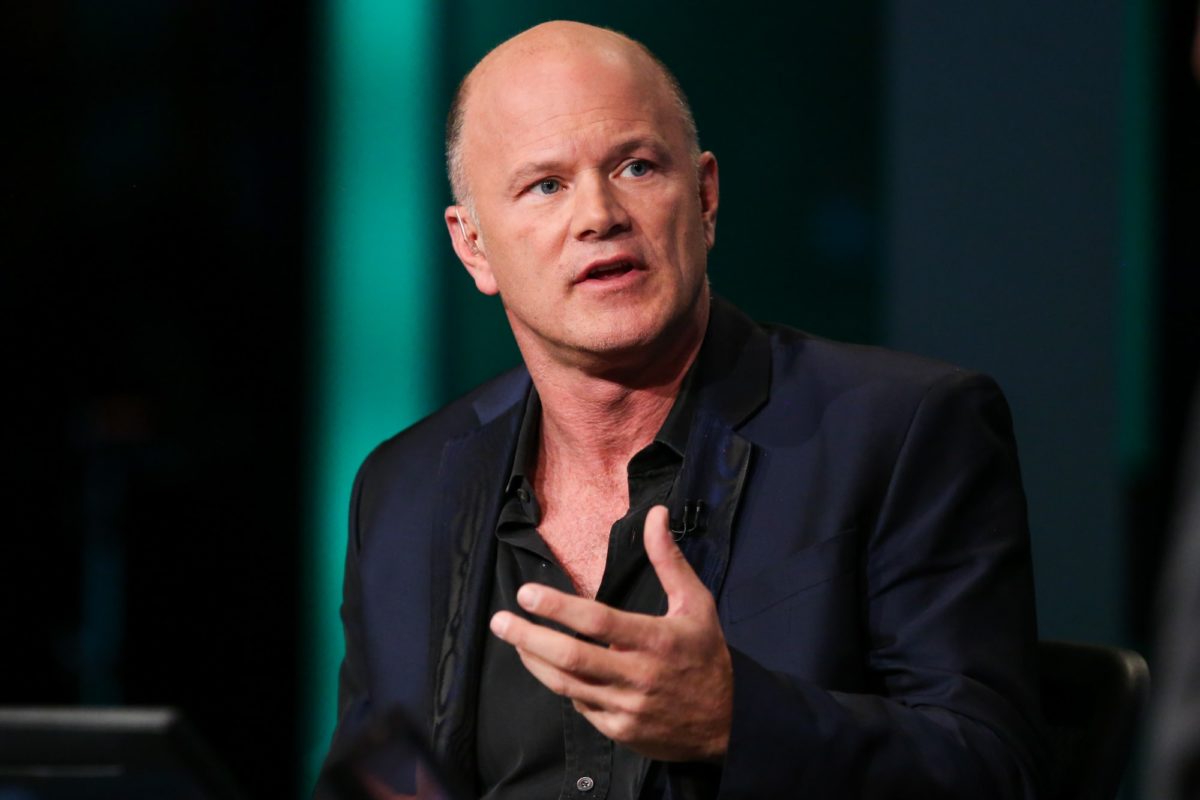Israel vs. Iran Crypto Adoption War: Who’s Winning?

Highlights
- Israel vs Iran crypto adoption is in attention amid the ongoing war conflict between the two.
- While Israel supports innovation with caution, Iran maintains strict rules and government oversight.
- Iran leads in crypto adoption by userbase, but Israel outpaces in regulatory structure and development.
The Israel-Iran conflict, especially after the recent attack on Tunhan, has brought turmoil in the broader financial markets. Bitcoin and the rest of the altcoins crashed, while the stock market and others also experienced turmoil. Amid this Iran vs Iran chaos, investors question their approach to crypto adoption and regulation, and how the digital assets are surviving in this chaotic environment. Let’s discuss the key details.
Israel vs Iran Crypto Adoption, Regulation & Development Data
The crypto adoption is at peak, and countries like El Salvador, Bhutan, and others are leading with their Bitcoin buying and developmental approach. The US is also walking on similar steps with Donald Trump’s influence on crypto and promises of developments in the sector. However, the Israel vs Iran crypto adoption and regulatory developments are still a topic of discussion amid war odds.
The recent Israel airstrike on Iran resulted in a massive crypto market crash, liquidating $1.15B in 24 hours. More is at stake if the war escalates; meanwhile, investors also question the adoption of crypto in these countries.
According to Global Legal Insights, Israel is crypto-regulated but cautious. Israel’s government supports innovation but also emphasizes comprehensive crypto regulation, especially considering fraud, money laundering, privacy, and other issues.
Cryptocurrency is classified as an asset, not currency, and is subject to 25% capital gain tax. Interestingly, Digital Shekel, a CBDC project, is in the process but has not been implemented yet.
Iran’s crypto approach to adoption and regulations varies slightly. Recent reports from Statistica, Special Eurasia, and others reveal that the country has tightened its grip on the crypto market in 2025. Transparency is the government’s focus, and the CBI has unrestricted access to crypto platform data.
Their strict crypto regulations have resulted in shutting down multiple platforms, including Tether-related payment channels, in January 2025. Similar to Israel, they also have a CBC project under development called “crypto-rial.”
Heaven University reports reveal that cryptocurrencies face tax depending on trading profits as income tax on mining earnings, VAT on crypto purchases (if the price increases), etc.
Who’s Winning in the Israel vs Iran Crypto Adoption War?
Both countries are playing a significant role in global crypto adoption and regulation. Iran’s crypto policy focuses on maximum government control and banned crypto in 2018 before lifting the ban, whereas Israel focuses on crypto innovation, but with clear insights.
Statistica’s 2025 projection hints at $615.7M in revenue with nearly 3.65M crypto users. The 2025 projection for Iran is $1.5B in revenue with 6.73M users. Based on this information, Iran is leading the Israel vs Iran crypto adoption war, but Israel is leading in infrastructure and regulation.
However, compared to other leading nations, they need an additional boost.
Frequently Asked Questions (FAQs)
1. How is the crypto market reacting to the Israel-Iran conflict?
2. Which country is ahead in crypto adoption?
3. What’s Israel’s stance on cryptocurrency?
- Wall Street Giant Citi Shifts Fed Rate Cut Forecast To April After Strong U.S. Jobs Report
- XRP Community Day: Ripple CEO on XRP as the ‘North Star,’ CLARITY Act and Trillion-Dollar Crypto Company
- Denmark’s Danske Bank Reverses 8-Year Crypto Ban, Opens Doors to Bitcoin and Ethereum ETPs
- Breaking: $14T BlackRock To Venture Into DeFi On Uniswap, UNI Token Surges 28%
- U.S. Jobs Report: January Nonfarm Payrolls Rise To 130k, Bitcoin Falls
- Ethereum Price at Risk of a 30% Crash as Futures Open Interest Dive During the Crypto Winter
- Ethereum Price Prediction Ahead of Roadmap Upgrades and Hegota Launch
- BTC Price Prediction Ahead of US Jobs Report, CPI Data and U.S. Government Shutdown
- Ripple Price Prediction As Goldman Sachs Discloses Crypto Exposure Including XRP
- Bitcoin Price Analysis Ahead of US NFP Data, Inflation Report, White House Crypto Summit
- Ethereum Price Outlook As Vitalik Dumps ETH While Wall Street Accumulates
















